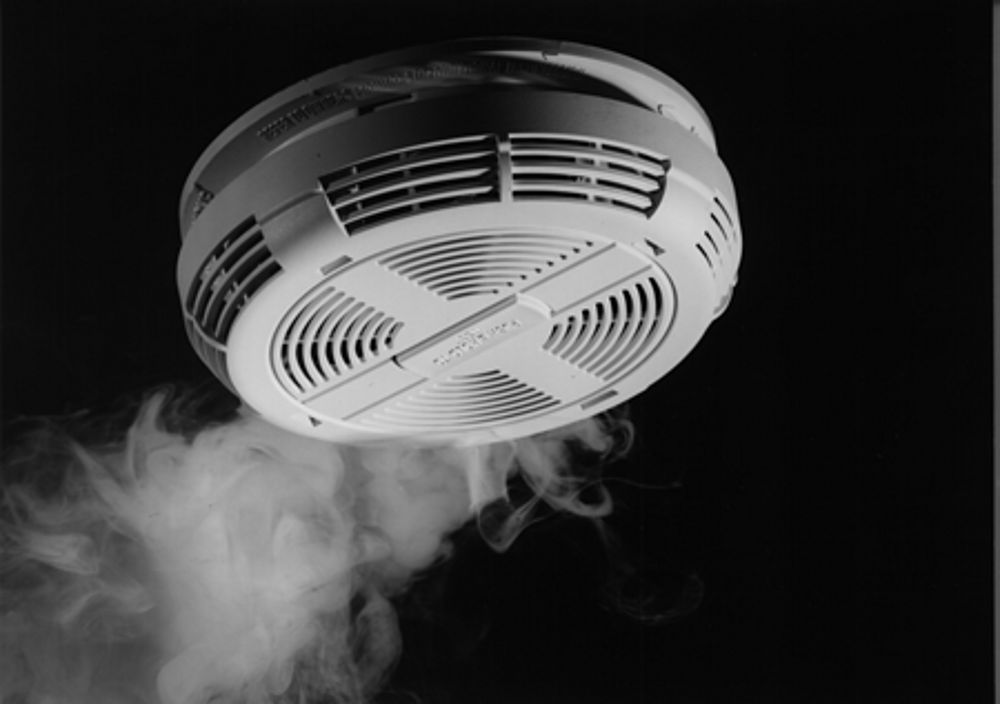Scottish Government to seek delay to fire alarm regulations until 2022
Legislation which requires all homes in Scotland to have interlinked smoke and carbon monoxide alarms will be delayed by 12 months following criticism of the timing of implementation due to the impact of coronavirus.

The Scottish Government has confirmed it will ask parliament to delay the new regulations, which were due to come into effect in February 2021.
The measures, which currently apply to private rented property and new-builds, would have been extended to all homes in Scotland.
Age Scotland had called on the Scottish Government to delay the looming deadline amid concerns of the lack of public awareness and the short term risk of scams and rogue traders. The charity also had considerable concerns about the ability for people on low incomes to afford the measures, which were estimated to cost around £220 on average before any fitting was taken into consideration.
The Scottish Government said it will now seek to move implementation back to February 2022 due to the practical difficulties likely to be faced by homeowners seeking to make the necessary changes to their homes.
Kevin Stewart, minister for local government and housing, said: “Fire safety is an absolute priority for the Scottish Government, and we remain committed to implementing these improved regulations, which will mean everyone will benefit from the same level of protection, whether they own their home or rent from a social or private landlord.
“Given the impact of COVID-19, and the difficulties this is likely to create for people seeking to install new smoke and carbon monoxide alarms, we have listened to concerns and decided to ask the Scottish Parliament to delay implementation.
“If this delay is approved, we will continue to work with partners to spread awareness of the changes before the new deadline. Our focus will be on supporting householders to ensure satisfactory fire alarms are installed so we can improve the safety of their homes.”
The legal duty on complying with the legislation will rest with local authorities and not with individual householders.
The improved standards will mean every home in Scotland must have a smoke alarm fitted in the living room or lounge, and in circulation spaces such as hallways and landings. The changes also mean every kitchen must have a heat alarm, and the alarms will have to be interlinked so they can be heard throughout the property. There must also be a carbon monoxide alarm where there are fixed combustion appliances.
Homeowners can install tamper proof long-life lithium battery alarms themselves. Mains-wired alarms are also available and are generally cheaper than the tamper proof long-life battery alarms but should be installed by a qualified electrician. Both types of alarm are widely available in general hardware outlets and online.
The Scottish Government has made more than £15 million of loan funding available for social landlords, and provided funding of £870,000 each year for two years to the Scottish Fire and Rescue Service to support their Home Safety Visits to ensure vulnerable and high risk people can get the necessary alarms installed at no cost to them so that they are safe in their homes.
The government announcement has been welcomed by Citizens Advice Scotland (CAS), which had previously warned that families on low incomes could struggle to afford to meet the new standards.
CAS markets spokesperson, Kate Morrison, said: “We have been concerned about people’s ability to afford the changes these regulations require and we think it would be sensible to delay its implementation until more thought can be given to helping people pay for it.
“Of course we want to make Scottish homes as safe as possible but the reality is that many families are really struggling at the moment just to put food on the table and put the heating on. With the furlough scheme about to end we are expecting to see more redundancies, heaping even more financial pressures on people.
“Under these circumstances it is not realistic to expect people to pay hundreds of pounds to make these improvements.
“So we would support a delay to the deadline for implementing these changes and some thought given to ways the government can support people to implement them so that everyone can live in a home with an effective fire alarm system.”
Read Kevin Stewart’s letter to the Scottish Parliament’s Local Government and Communities Committee here.

















